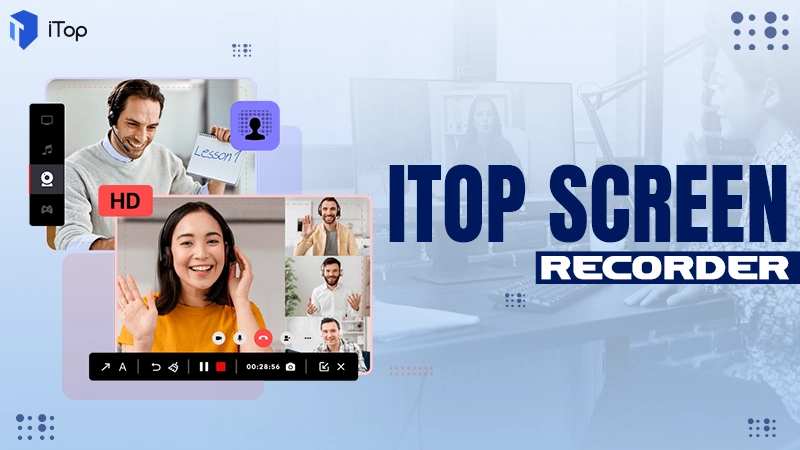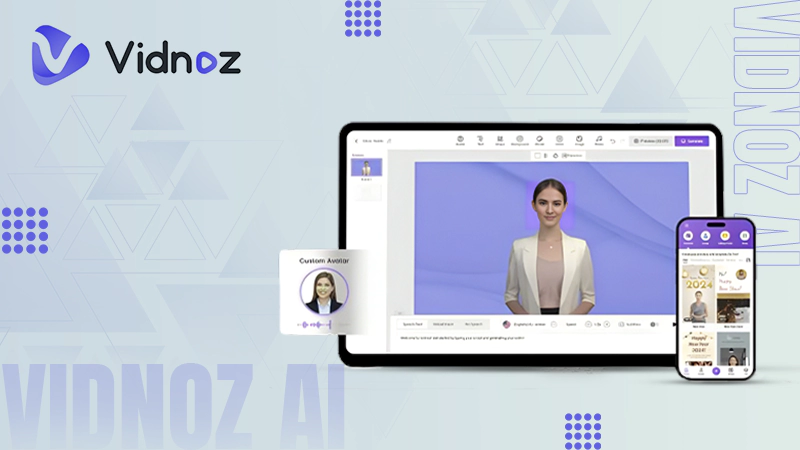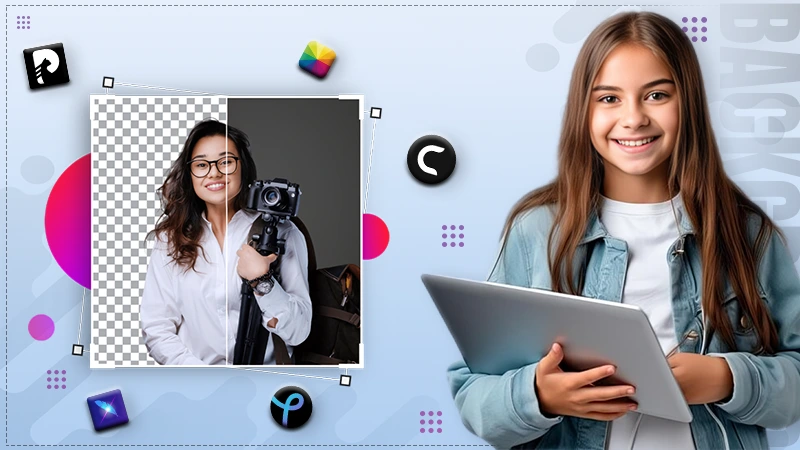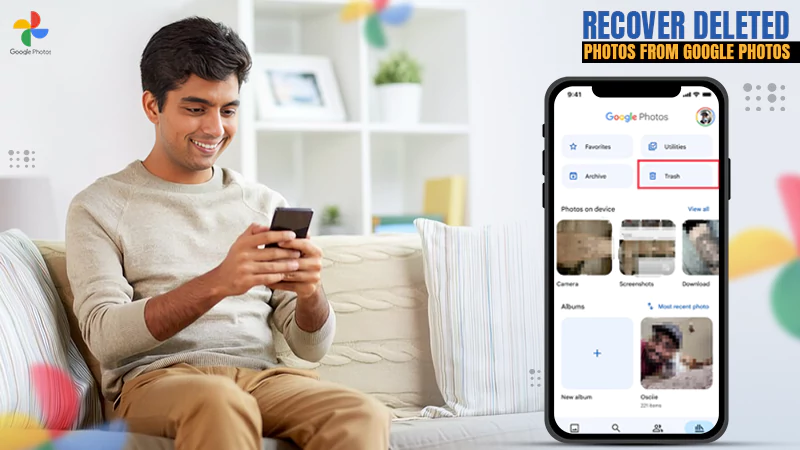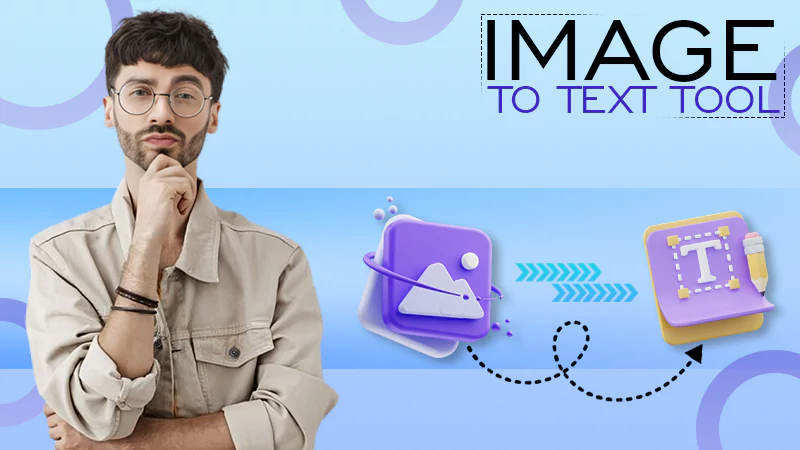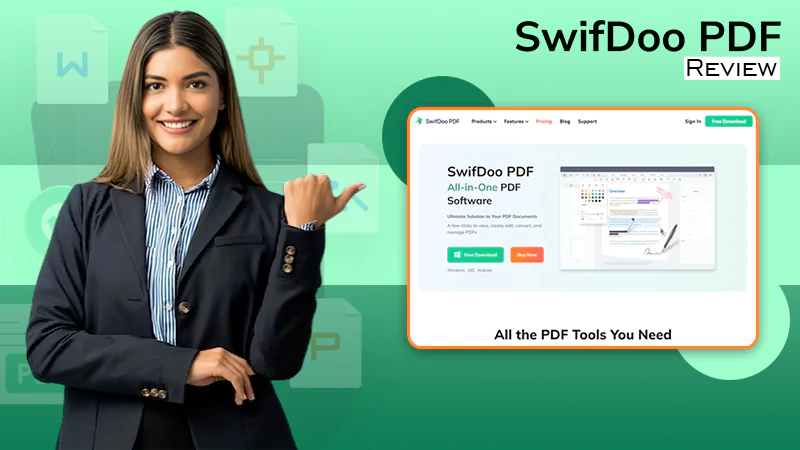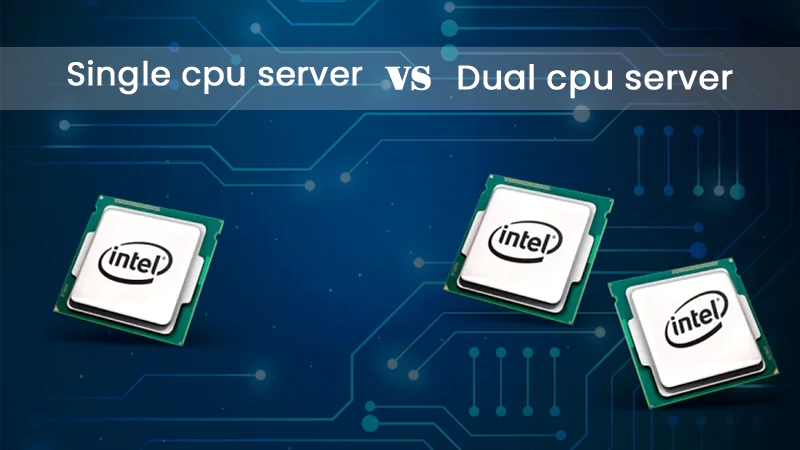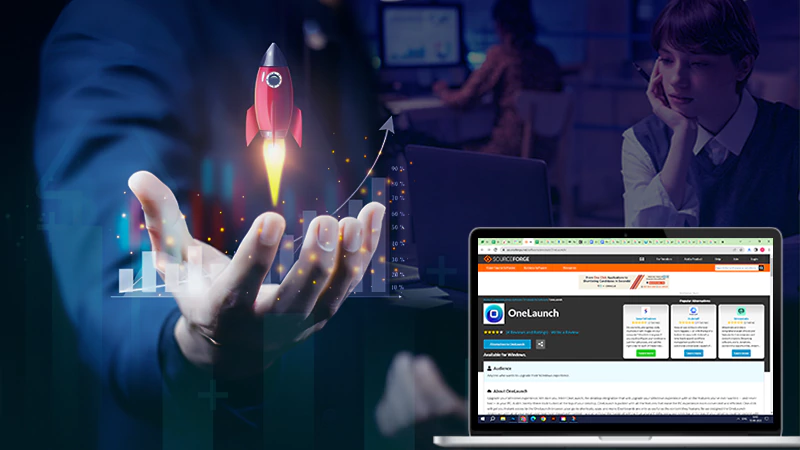Why is HIPAA Compliance in App Development Necessary?
Digital technological advancement has not only changed the technical industries but has also changed the way medical industries work now. Wellness providers are using smart software programs to enhance their work efficiency and accuracy and improve patient care, and streamline communication.
However, Health Insurance Portability and Accountability Act (HIPAA) ensures the usage of these applications in healthcare lines is taking place under strict adherence, to protect patient’s data and privacy. This act is a set of rules governing the confidentiality of Protected Health Information (PHI). For assurance that a person’s information is safe from unauthorized access, theft, or disclosure, the implementation of HIPAA-compliant app development is required.
In the article, we will explain what HIPAA is and why is it important in the medical sector. Keep reading to know more!
What is HIPAA?
The Health Insurance Portability and Accountability Act of 1996, was enacted by the government of Congress and signed in by President Bill Clinton on August 21, 1996. This bill modernized the flow of the healthcare sector, functioning for the good of patients. Though, this law led to amendments in other acts, let’s take a look at key aspects of it.
- The act was executed to protect the medical information of patients from fraud or theft.
- Anyone other than the patient itself is not authorized to have the data, only representatives like family or friends can have it with the consent of the person.
- Patients can receive information themselves.
- It gives patients the freedom to choose whoever they want to share the input with, whether they are friends, family, or colleagues.
This bill consists of five titles; 1st is health care access, portability, and renewability, 2nd is preventing fraud and abuse; administrative simplification; medical liability reform, 3rd is tax-related provisions governing savings accounts, 4th is application and enforcement of group insurance requirements, and 5th is revenue offset governing tax deductions for employers.
The covered entities, mean the people and the companies who are subjected to this rule are, all the wellness providers regardless of their size, all the health plans, healthcare clearing houses, and business associates.
Its Importance
Why HIPAA is crucial for app development in the medical sector has several reasons. Let’s take a look at the small list given below.
- Secured Data – It helps in ensuring the data of a user is confidential and guarded. These regulations make sure that the mobile apps that are being used to store or transmit protected health information is adhering strictly to its privacy guidelines and preventing illegal access, heist, or leak. Not being obedient to these rules can lead to severe penalties, legal actions, or reputational damage to the employee or company.
- Fosters Trust – The consent between the service providers and patient builds trust. Patients trust their medical info is in safe hands and is being guarded. HIPAA-compliant applications foster a feeling of confidence and faith among people, leading to increased consumer satisfaction and loyalty.
- Updated Data – Such compliance helps healthcare providers stay updated with the latest input protection regulations. As technology evolves, new threats to security arise, and HIPAA regulations change to keep pace with these threats. Mobile apps are compliant with such regulations and are built with the latest data protection measures, ensuring that medical professionals are up-to-date with the latest regulatory requirements.
- Protect Organization and Employees – HIPAA guidelines not only protect you but your organization and its executive too. As, under government regulations, the training of employees under the bill is mandatory for every worker, and if your organization is found responsible for not adhering to the rules, you can face huge penalties and fines.
These were some of the benefits associated with complying with the regulations. Next, we will learn how software companies ensure their applications are HIPAA-compliant.
How Do Software Companies Ensure the App is HIPAA-Compliant?
Operating system development agencies are critical in ensuring that mobile apps used in healthcare settings are HIPAA-compliant. These agencies must adhere to strict guidelines to ensure that their established apps meet the requirements. Below are some steps, software development agencies take to ensure the app complies with the Act.
Performing a Risk Assessment
The first step in ensuring the app’s compliance is to perform a risk assessment. A risk assessment involves identifying potential security threats and vulnerabilities in the app’s design and implementation. It helps engineers identify potential security risks and design the app with appropriate safeguards to mitigate them.
Encrypting Data
Encrypting data is a critical element that helps protect information from cyber dangers. Mobile software storing or transmitting PHI must use to secure input from any illegal access. Technical development companies utilize advanced encryption methods to guard their inputs.
Implementing User Authentication
A user authentication process is required to allow people for accessing PHI. Authentication enables multiple-tier security steps to make the PHI more secure, it allows only authentic users to access the information.
Developing a Privacy Policy
Under the HIPAA Act, medical companies must have a privacy policy that outlines how an application is collecting, stores, and using user’s data. Software businesses guide related sectors to form these policies to the bill’s requirements.
Conducting Regular Audits
To maintain software, regular auditing or inspection is crucial. Technical companies help these industries in conducting these regular checks to endure the app’s design and implementation are up-to-date according to the regulations. This also helps in determining potential security risks and in avoiding them.
Skilled operating system development companies ensure HIPAA-compliant app development to protect a person’s data and privacy. These mobile apps ensure that patient input remains confidential and secure, foster trust between healthcare providers and patients, and help providers stay updated with the latest data protection regulations.
Final Thoughts
The act was introduced primarily to address one issue, i.e., the loss of people due to health insurance sector fraud. This rule now, acts as a federal floor for privacy protection and rights of consumers, giving them a sense of faith and making health sectors more reliable. It also is equally essential for the protection and well functioning of the companies as well.
Level Up Your Online Presence: How iTop Screen…
Vidnoz AI Review: How to Convert Text to…
HitPaw Online Video Enhancer Review and Its Best…
Top 7 Background Removers Online in 2024
How to Retrieve Google Backup Photos?
How Does The Image-To-Text Tool Work?
SwifDoo PDF Review 2024: A Comprehensive Look
The Real Benefits of DevOps Training for Aspiring…
Capturing Serenity: Elevating Yoga Pose Photos with CapCut’s…
Single CPU Server vs Dual CPU Server: What’s…
Boost Your Productivity with a Desktop-Docked Search Utility…

